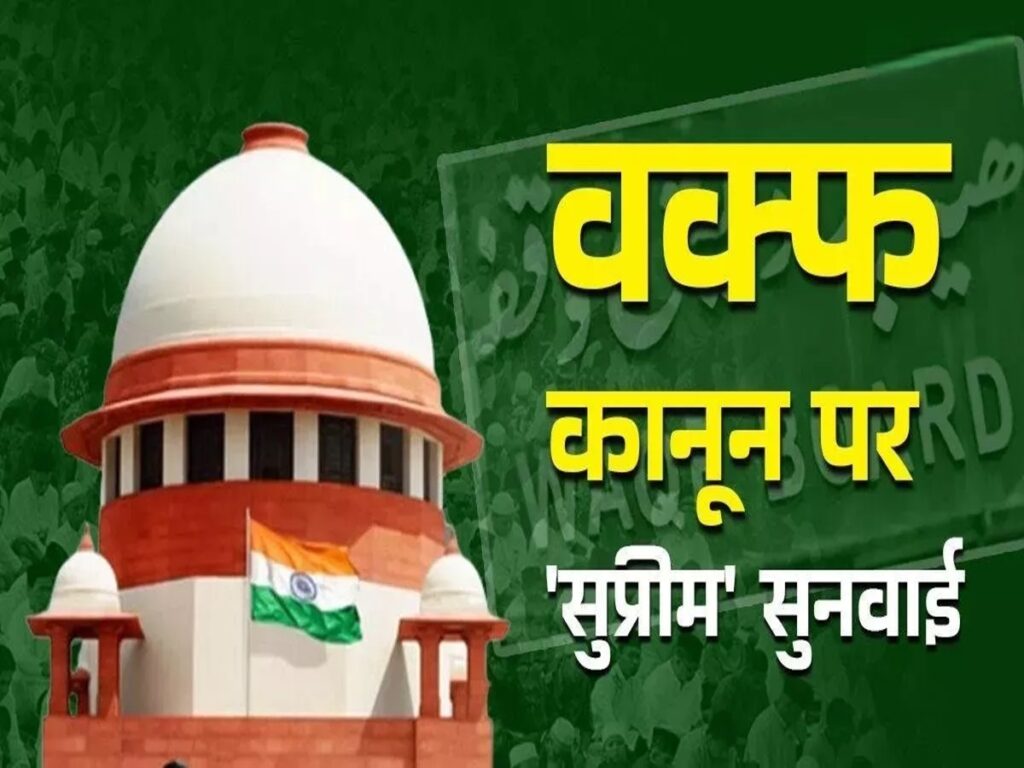Petition challenges provisions of the Waqf (Amendment) Act 1995, citing discrimination against non-Muslim communities
New Delhi. The Supreme Court on Tuesday issued a notice to the Centre on a petition challenging the constitutional validity of several provisions of the Waqf (Amendment) Act, 1995. The bench, headed by Chief Justice DY Chandrachud and comprising Justice JB Pardiwala and Justice Manoj Misra, clubbed the petition with other similar pleas pending since 2020-21.
Petitioner’s Arguments
The petitioner, represented by advocate Ashwini Upadhyay, argued that the Act violates Articles 14, 15, 21, 25, 26 and 27 of the Constitution. According to Upadhyay, the Waqf Act exclusively regulates the management of Muslim religious properties while no such law exists for other religious communities. “This amounts to clear discrimination and violates the principle of equality before law,” he contended.
Court’s Concern on Delay
The Chief Justice raised concerns about the delay in challenging the 1995 Act, asking why the petition was filed now when the law has been in force for decades. Upadhyay responded by noting that the Supreme Court has already been hearing similar petitions challenging other religious property-related Acts like the Places of Worship (Special Provisions) Act, 1991, and the National Commission for Minorities Act, 1992.
Background and Relevance
The Waqf Act, 1995, was enacted to provide a framework for the management and supervision of waqf properties — endowments dedicated to religious or charitable causes within the Muslim community. It has been amended multiple times, including in 2013 and 2025, with provisions granting extensive powers to Waqf Boards. Critics argue that these provisions marginalise non-Muslim communities and infringe upon secularism and religious equality principles.
Legal and Social Implications
Legal experts believe this case has far-reaching implications for the management of religious properties in India. If the Act is struck down or amended, it could open the door for similar challenges against other community-specific laws, thereby reshaping the legal landscape around religious endowments.
The next hearing is expected to address whether the delay in filing this challenge warrants dismissal or if the constitutional questions raised merit a full-fledged hearing.\


